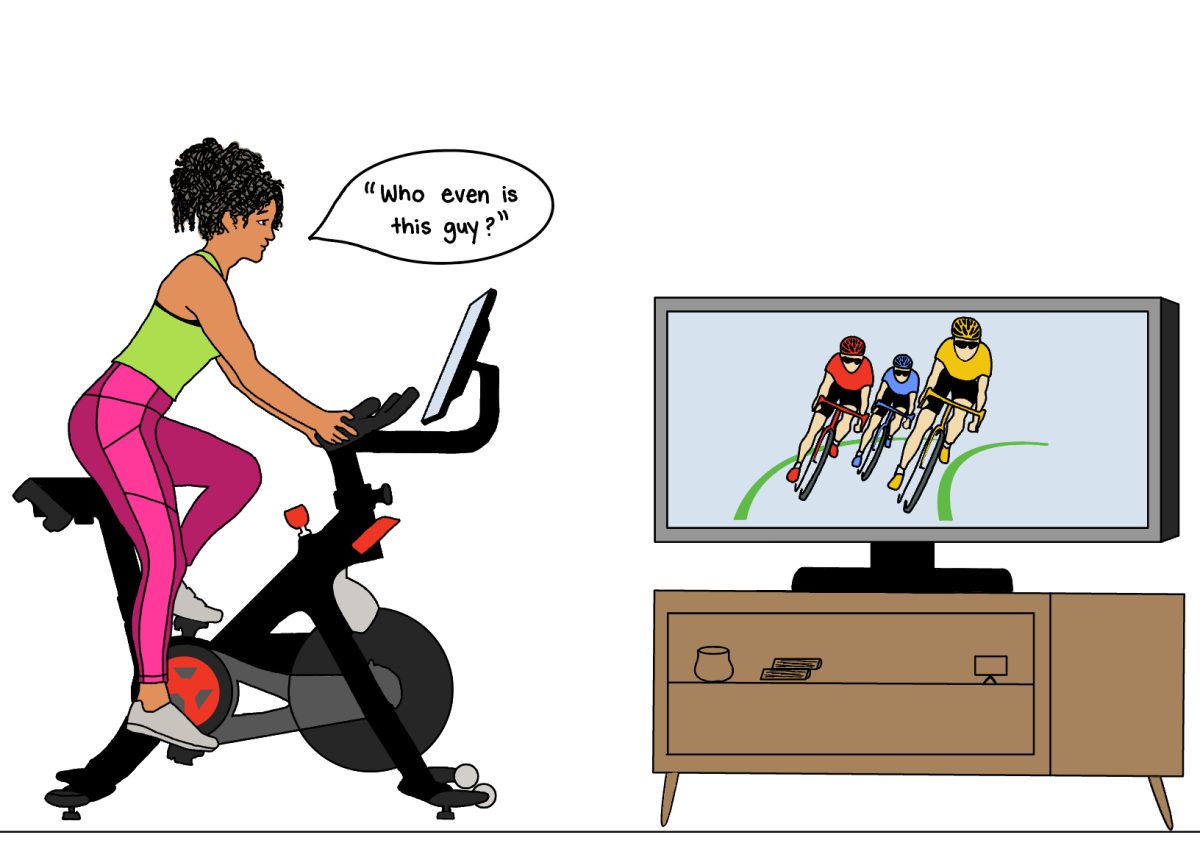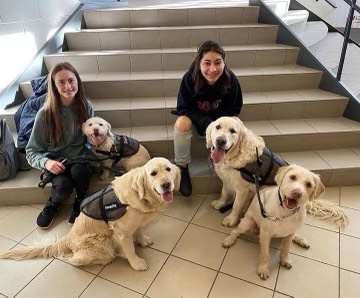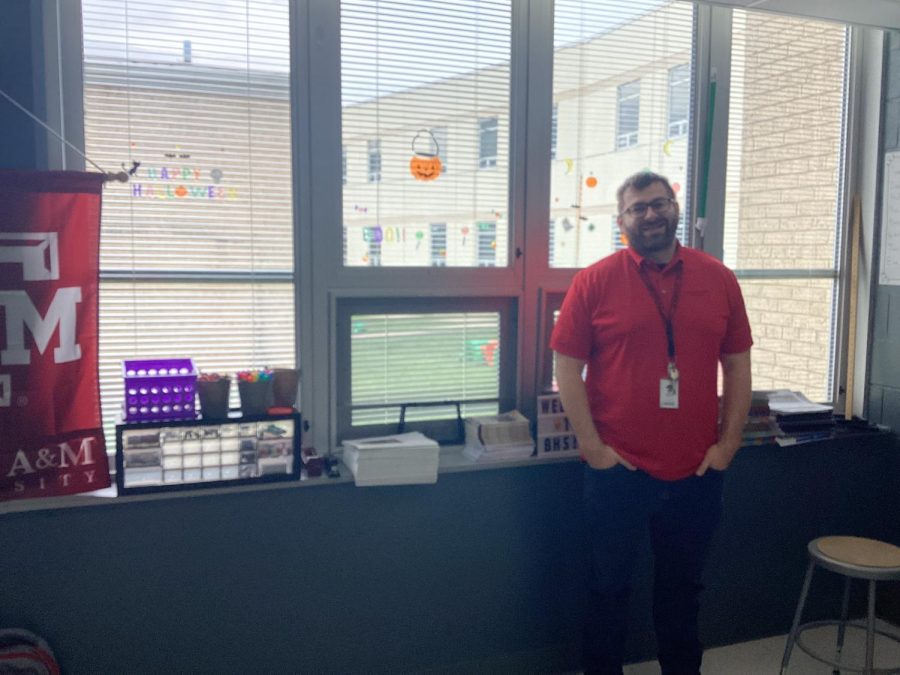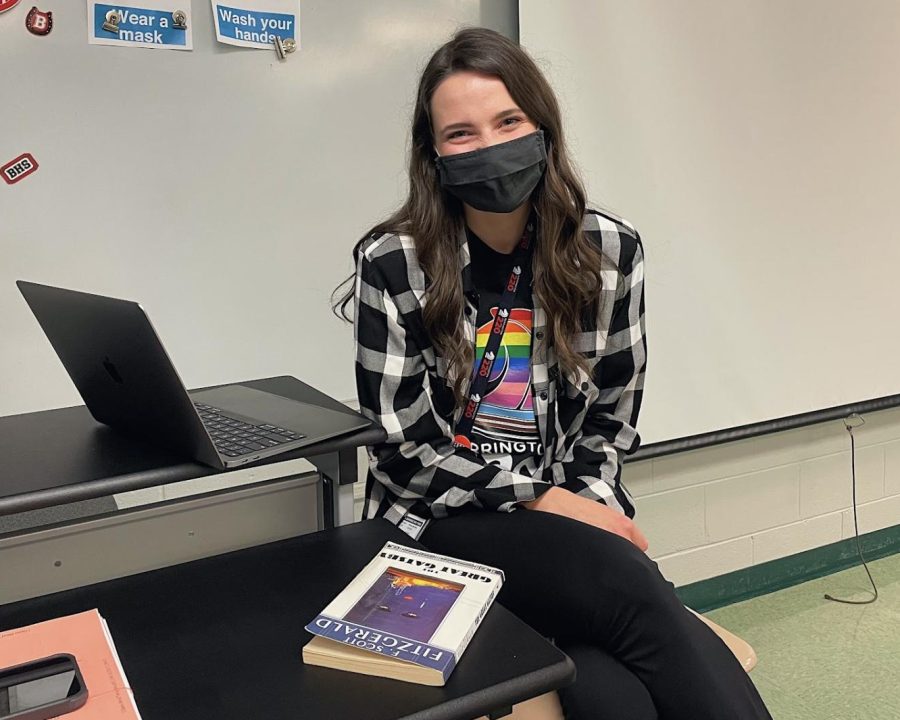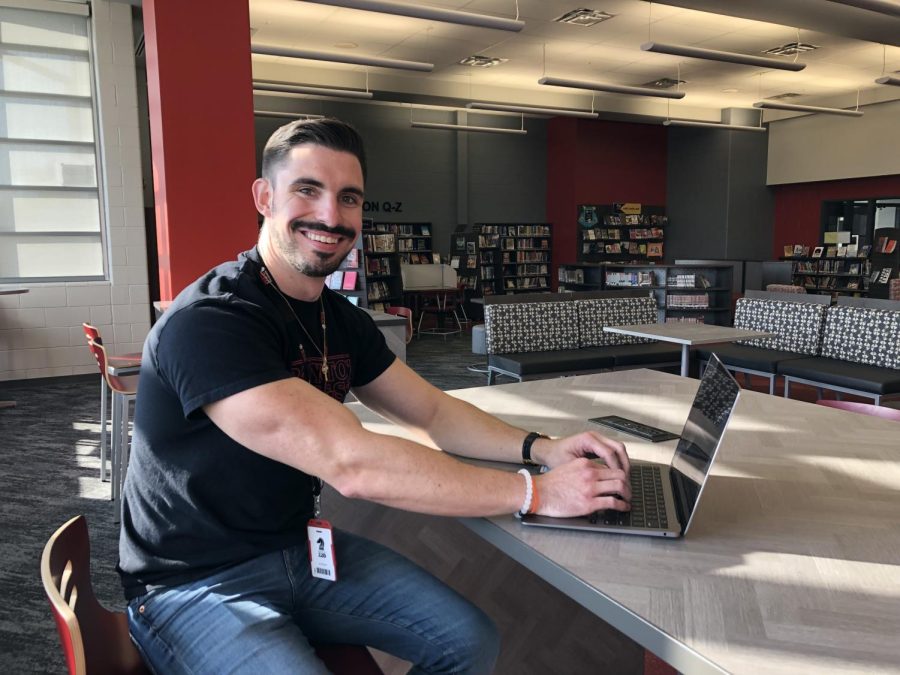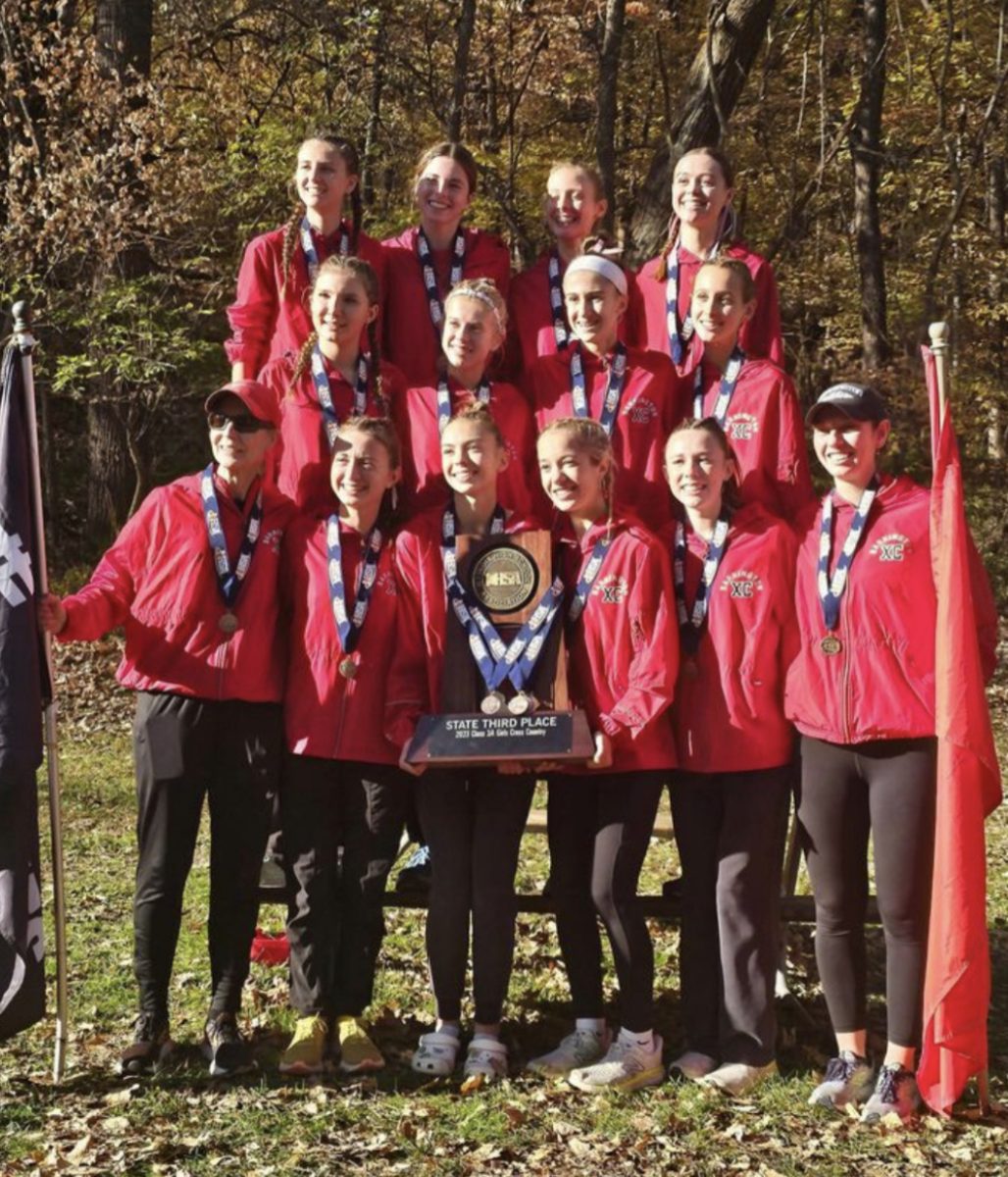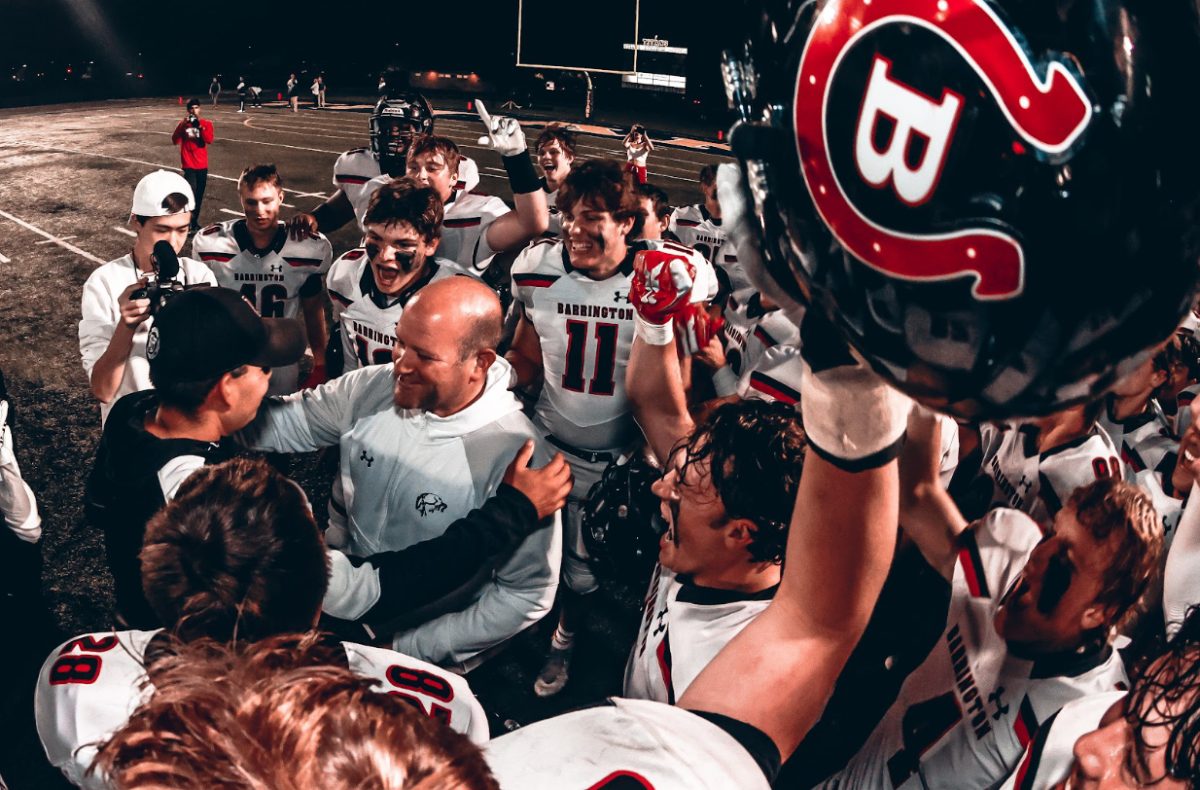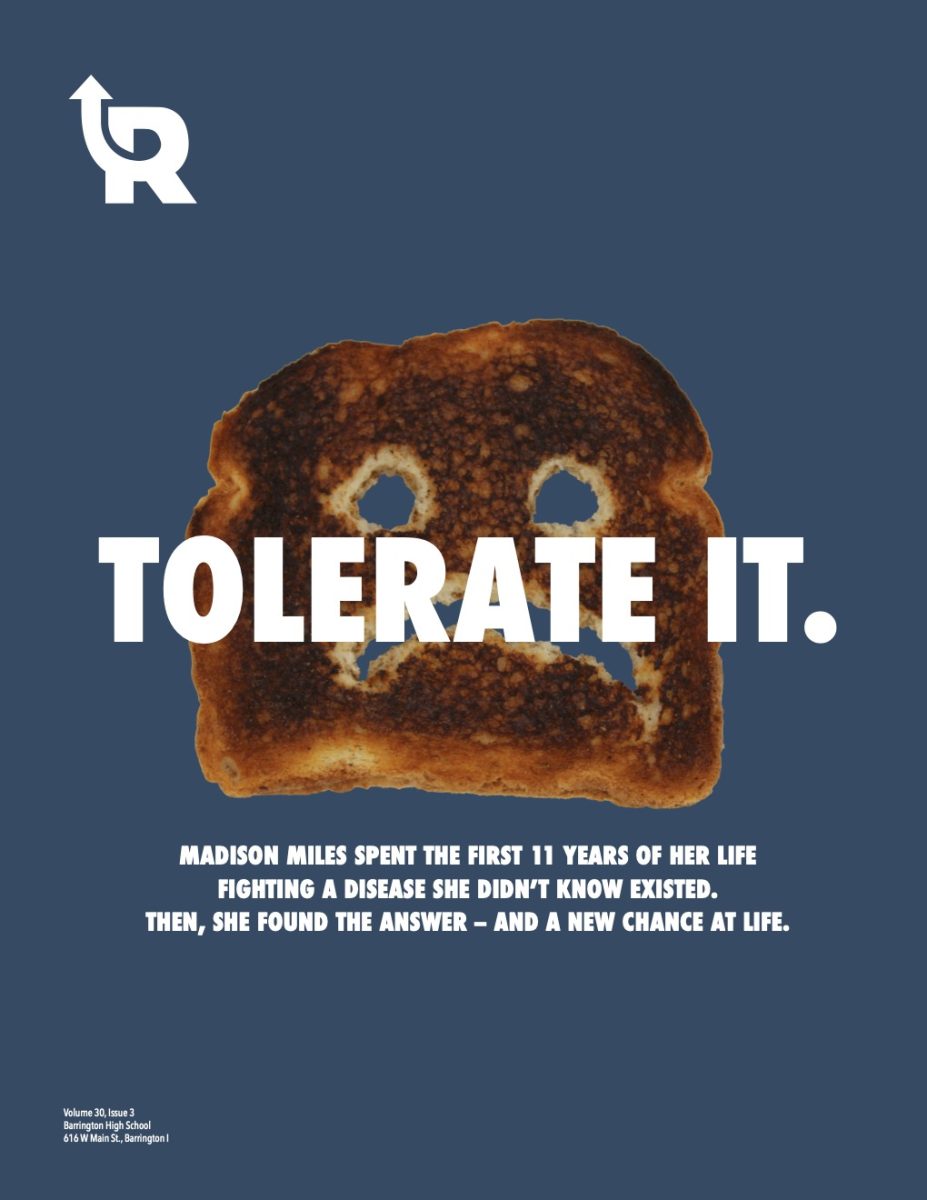How the college process works
With the Early Action deadline barely in the rearview mirror and the Regular Decision deadline just around the next curve, the college application season is in full swing. I’ve suffered through countless hours of writing, editing, and answering questions for my Early Action applications, so I’m not too keen to start up with my Regular Decision applications. Instead, I’m using my time to set out my hard-learned tips for the college application process.
- Start Early.
This is a little late for all you seniors/soon-to-be-graduates out there, but maybe the younger three grades will heed my advice: at the very least, start your applications during the summer before your senior year. You may be feeling lazy or nervous or lull yourself into believing that there’s plenty of time to complete them, but when the school year rolls around, with its frenetic mix of sports, school, and homework, adding college applications to this cocktail of chaos makes it almost unbearable. “I really regret not having my essays finished over the summer, and my biggest tip is to have everything written and pretty much done before the school year starts.” Maks Kowalski, ‘20, said. Personally, I started my applications during the summer, but as I continued to work on them during the school year, while at the same time my schoolwork and practices increased, my stress level ratcheted up to epic levels. I literally could have kicked myself for not doing more over the summer. I’m pretty sure my parents felt the same way — especially my mom, who bore the brunt of reviewing draft after draft of my essays (more on that below). - Work Consistently
An extremely helpful strategy that allowed me not to get completely overwhelmed as the November 1 application deadline neared was working at a consistent pace. I blocked out two hours every single Saturday morning and dedicated that time solely to working on college applications, whether that meant writing essays, answering school-specific questions or doing research on the colleges to which I was applying. Following this schedule allowed me to better manage my stress surrounding getting everything done by the deadline, and kept me from drowning in what seemed like an abyss of work ahead of me. As a result, I was able to submit all of the college applications for the schools that I was applying to on Early Action basis several days before the deadline (small victory, I know, but it sure beat trying to get the application in by 11:59 pm on the day it was due). - Draft, Redraft, Edit.
Essays are one of the largest parts of college applications and help distinguish you from other applicants with similar stats. Essays also give you an opportunity to show the school you’re applying to what makes you unique or otherwise interesting. The single biggest factor in taking essays from good to great is the amount of editing they undergo. When writing application essays, you need to draft, redraft, and edit, edit, edit to make sure they turn out to be the best they can be. All of my essays went through a bare minimum of three rounds of editing, and they turned out much, much better for it: I removed juvenile phrasing to sound more mature, edited for grammar quality and flow, and added specifics, which I will elaborate more on in the next tip. - Be Specific
This one seems pretty self-explanatory, but I’ll walk you through it. When writing school-specific supplemental essays, referencing specific programs, academic support, sports and clubs/extracurriculars in which you may be interested in participating in college is a must. Some of these programs that you mention must also be unique to the school for which you are writing an essay. This shows the school that you have a genuine interest in it and have done your homework to investigate the school, thereby helping to increase your chances of being accepted. - Ask for Help
Lastly, but perhaps most importantly, ask for help when applying to college. College applications are long, difficult and trying. However, BHS has many resources, ranging from College Counselors Kathleen Moody and Jennifer Stroh, who can answer just about any application questions you ask, to English teachers, who can read and edit your personal essay, to fellow peers, who can proofread essays and provide feedback. Then there are your parents. Believe it or not, they may be able to offer invaluable assistance in this process, whether by reviewing essays and offering advice on revisions, to even helping narrow (or expand) the list of schools that you are going to apply to. Don’t be afraid to reach out for help with this process when you need it, your peers and others understand.
Your donation will support the student journalists at Barrington High School! Your contribution will allow us to produce our publication and cover our annual website hosting costs.









